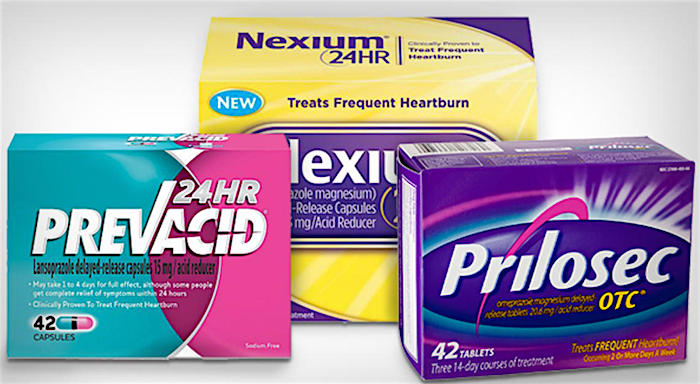
Acid reflux, also known as gastroesophageal reflux disease (GERD), is a common condition affecting millions of people worldwide. Characterized by a burning sensation in the chest and throat, acid reflux occurs when stomach acid flows back up into the esophagus. To manage this condition, two main classes of medication are often used: H2 blockers and Proton Pump Inhibitors (PPIs). But how do you know which is best for your acid reflux?
What are H2 Blockers?
H2 blockers, or histamine H2-receptor antagonists, work by reducing the amount of acid produced by the cells lining the stomach. They block the action of histamine, a substance in the body that promotes acid production in the stomach.
Common H2 blockers include:
- Ranitidine (Zantac)
- Famotidine (Pepcid)
- Cimetidine (Tagamet)
These medications are effective for many people and can alleviate symptoms of mild to moderate acid reflux. They are available in both prescription and over-the-counter (OTC) forms.
What are Proton Pump Inhibitors (PPIs)?
PPIs are a group of drugs that reduce the production of acid in the stomach by blocking the enzyme in the wall of the stomach that produces acid. This blocking leads to a reduction in acid, giving the esophagus time to heal.
Common PPIs include:
- Omeprazole (Prilosec)
- Esomeprazole (Nexium)
- Lansoprazole (Prevacid)
PPIs are often considered more potent than H2 blockers and are typically recommended for more severe cases of acid reflux or GERD.
Comparing Effectiveness
Both H2 blockers and PPIs are effective in reducing acid reflux symptoms, but they have some differences:
- Onset of Action: H2 blockers usually begin to work within an hour, making them useful for quick relief. PPIs, on the other hand, may take several days to reach their full effect but provide longer-lasting relief.
- Duration of Action: PPIs generally provide longer-acting relief of symptoms compared to H2 blockers, which is why they’re often prescribed for persistent acid reflux.
- Healing of Esophageal Tissue: PPIs are better at healing erosive esophagitis, a condition where the esophagus becomes eroded due to constant acid exposure.
Side Effects and Considerations
Both classes of medications are typically well-tolerated, but they do have side effects and potential risks:
H2 Blockers:
- Headaches
- Dizziness
- Diarrhea
- Constipation
PPIs:
- Headaches
- Nausea
- Diarrhea
- Risk of bone fracture with long-term use
- Possible vitamin B12 deficiency with long-term use
It’s worth noting that the FDA has issued a warning about the potential risk of cancer with ranitidine (Zantac), leading to its withdrawal from the market.
Conclusion
Deciding whether H2 blockers or PPIs are best for acid reflux depends on the severity of your symptoms, how often they occur, and how your body responds to the medication. For intermittent and mild cases of acid reflux, an H2 blocker might be sufficient and offer faster relief. For chronic or severe GERD, PPIs may be the better choice due to their stronger and longer-lasting effect.
However, it’s crucial to consult with your healthcare provider before starting any new medication regime. They can help determine the most appropriate treatment for your condition and help ensure that you use these medications safely and effectively.



